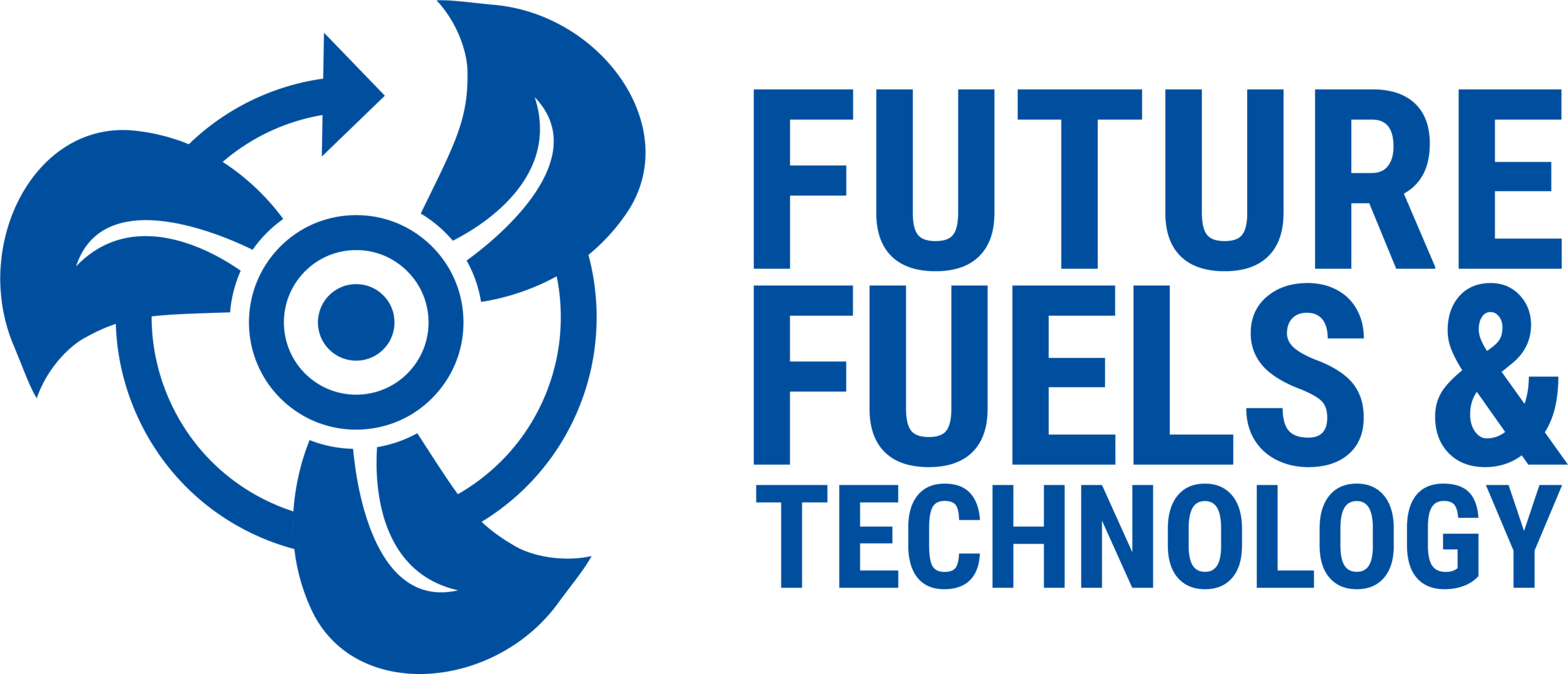December 12, 2025 10:24 am
Published by AVujakov@imo.org
To provide a detailed analytical readout of the two-week negotiations at the IMO—namely the MEPC Extraordinary Session and ISWG-GHG 20—explaining...
December 12, 2025 10:24 am
Published by AVujakov@imo.org
To provide a realistic assessment of the maritime decarbonization trajectory toward 2030–2050 by examining emissions trends, regulatory impacts, fuel readiness,...
December 12, 2025 10:24 am
Published by AVujakov@imo.org
To assess the progress and challenges of maritime decarbonization by analyzing survey data from shipowners, operators, and ports, evaluating the...
December 12, 2025 10:24 am
Published by AVujakov@imo.org
To analyze the role of CCS in meeting global climate goals to 2050 by assessing deployment scenarios across sectors, and...
December 12, 2025 10:24 am
Published by AVujakov@imo.org
To assess the technical, economic, regulatory, and commercial feasibility of establishing a green shipping corridor on the South Africa–Europe iron...
December 12, 2025 10:24 am
Published by AVujakov@imo.org
To examine the potential of technical and operational energy-efficiency measures to reduce GHG emissions and costs in global shipping, and...
December 12, 2025 10:24 am
Published by AVujakov@imo.org
To assess the pathways for accelerating energy efficiency, scaling the transition to low- and zero-carbon fuels, and utilizing a broad...
December 12, 2025 10:23 am
Published by AVujakov@imo.org
To provide a high-level analysis of current and emerging regulatory frameworks related to onboard carbon capture and storage (OCCS), offering...
December 12, 2025 10:23 am
Published by AVujakov@imo.org
To examine the financial barriers to a just and equitable transition to zero-emission fuels in the shipping sector, this report...
December 12, 2025 10:23 am
Published by AVujakov@imo.org
To examine the risks posed by the IMO’s Global Fuel Standard (GFS) in promoting unsustainable biofuels, this report analyzes the...

